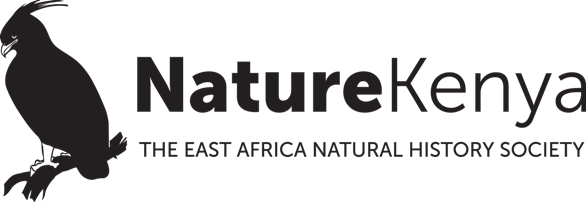Agriculture is the source of livelihood for thousands of communities in Kenya, and food for us all. Unfortunately, climate change effects such as reduced or unpredictable rainfall and prolonged drought spells have had devastating effects on crop production. Many rural communities bear the brunt of these negative impacts, often being left vulnerable with little or no food.
To help communities better cope with current and future climate variability, Nature Kenya is promoting the adoptionof climate-smart agriculture in Yala Swamp. Under the AfriEvolve Project, local communities are being facilitated to acquire necessary skills and inputs to be more resilient to climate change effects on farming.
Through the project, supported by the German Federal Ministry for Economic Cooperation and Development (BMZ) and NABU (BirdLife partner in Germany), 150 farmers have been identified and supported to sustainably grow high-value climate-resilient vegetables and cereals under rain-fed agriculture. The vegetable and cereal types grown are fast maturing, require little rainfall and produce better yields than current crops. These farmers have received seeds and on-site technical support.
The project is also supporting agroforestry. Four community-based tree nursery groups were supported with equipment and seeds to produce tree seedlings for shade, fodder, firewood and fruit. Over 100,000 tree seedlings have been produced. Out of this, 51,000 tree seedlings are ready for planting to restore degraded riparian areas along River Yala and to establish woodlots. Twelve other community tree nurseries have been identified for agroforestry support. Kenya Forest Service (KFS) provides technical support for tree seedlings production.
Fish and poultry farming and beekeeping are the other nature-based enterprises promoted by Nature Kenya in Yala under this project. Three community-run fish ponds have been stocked with 3,000 tilapia fingerlings, with 30 fish farmers being trained on the basics of climate-smart fish production, formulation of quality feeds, packaging, storage and marketing technologies.
A poultry unit has been established and stocked with 200 improved indigenous chicken chicks, feeds and related equipment. Establishment of a second unit is underway. Communities have also been supplied with 100 modern beehives, honey harvesting gear and a processing unit.
The project lays emphasis on the transfer of knowledge and skills. Groups of crop farmers, fish farmers, poultry farmers and beekeepers have undergone training as ‘trainer of trainers’ (ToTs). Some of the things they have learned include bookeeping, value addition, packaging and marketing.
Yala Swamp is one of Kenya’s important ecosystems. The swamp is the largest inland freshwater wetland complex in the country, sheltering a great variety of birds, fish and mammals, including some threatened ones. Yala Swamp provides useful environmental services like filtering out harmful pollutants from water flowing into Lake Victoria. The swamp is also a source of livelihoods for many communities.
